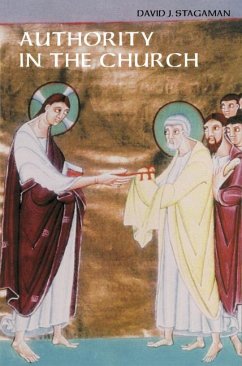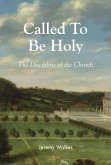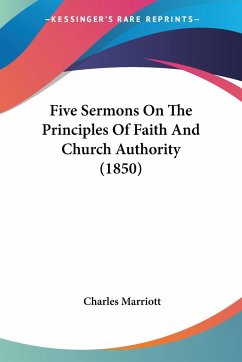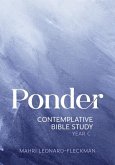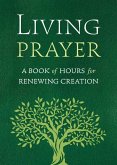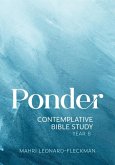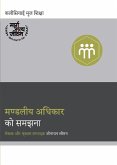What is the source of authority when it is found in any community? How did authority in the Roman Catholic Church come to be as it is? In Authority in the Church David Stagaman provides answers to these questions. He asserts that authority is not an attribute of a person (for example the local bishop) nor of a thing (for example the Scriptures). It is rather the bond experienced by all members of a community as they interact. Authority in the Church explores relationships between official and charismatic authority, and their legitimation. The study also provides a basis for dissent by showing how official and charismatic exercises of authority are incomplete without it. Chapter one explores how Roman Catholic Church membership has in the last fifty years shifted from an almost total preoccupation with official authority to a recognition of the necessary role charismatic authorities play in the Church. Chapter two criticizes other studies that delineate authority as either a subjective reality or an objective one. It also critiques two modern myths about authority: that authority is opposed to sound reasoning and that it is inimical to freedom and/or spontaneity. Chapter three examines authority as a shared practice; one that welcomes dissent. Chapter four looks at the first millennium of Christianity: New Testament understandings of authority; the ascendance of mono-episcopacy in the post-apostolic era; the Church's universalist mission after Constantine's edict of toleration; the emergence of councils and synods as modes of government; and claims for succession to Petrine primacy. Chapter five begins with the turn towards centralization in Rome and a juridical understanding of ecclesial authority in the eleventh century. It also notes various challenges to these two tendencies and the Avignon Schism as well as Conciliarism which brought the conflicts to their culmination in the Medieval Ages. Chapter six inquires what makes Church authority Christian and, then, Roman Catholic. It concludes with observations on the religious freedom of the baptized, especially their right to speak freely in the Church. Chapters are "Authority in the Church: A Central Issue and Some Other Issues," ?What Authority (Secular or Religious) Is Not!? ?What Is Authority The First Millennium, ? ?The Second Millennium, ? and ?The Conclusion.?
Hinweis: Dieser Artikel kann nur an eine deutsche Lieferadresse ausgeliefert werden.
Hinweis: Dieser Artikel kann nur an eine deutsche Lieferadresse ausgeliefert werden.

